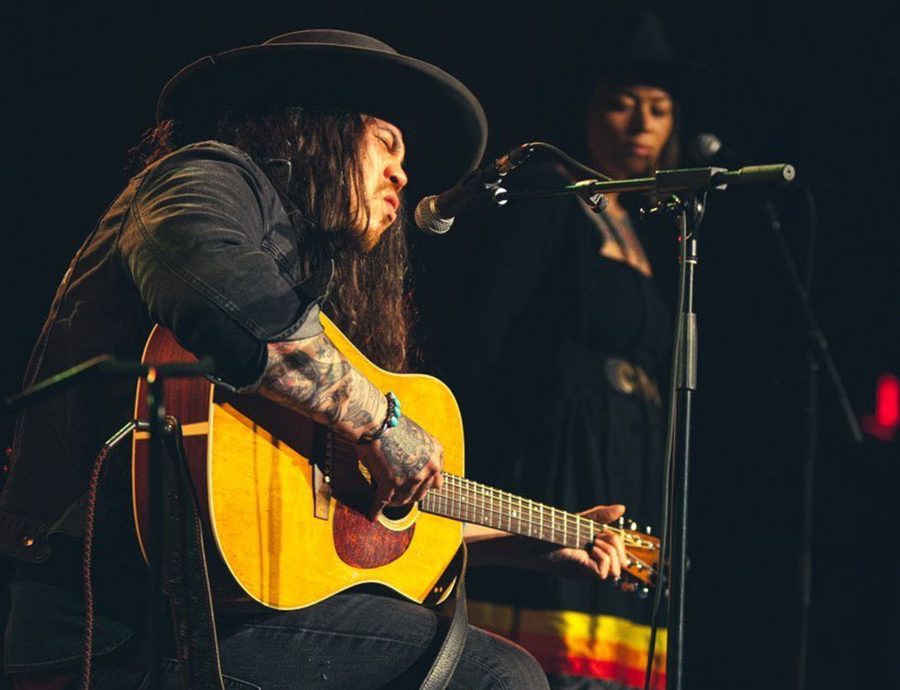ABERFOYLE – People passionate about water protection are coming together to increase awareness about the importance of water and the threats it faces.
Attendees can sip iced lemonade or strawberry juice and snack on some soup and samosas while they listen to live music and learn about water issues and solutions.
The family-friendly event will be at the Puslinch Optimist Recreation Centre from 1 to 4pm on June 3.
There will be speakers, educational videos, children’s crafts, face painting, and banner and sign making, and a march.
The march will go to the Blue Triton facility, to deliver a message about the importance of water protection, organizers say.
The event is a “teach-in” organized by groups and individuals, including the Wellington Water Watchers, Protect the Tract, the Ontario Federation of Labour (OFL), Guelph and District Labour Council, Ohneganos, musicians, filmmakers and families.
It is part of a day of solidarity action called “Enough is Enough,” organized by the OFL with many different unions participating across the province.
During the Puslinch event, people will learn about topics like the water crises in Indigenous communities and the use of water by corporations for profit, said event organizer and water protector Layla Staats.
Layla Staats
Staats is a filmmaker, educator, activist and musician. She is Mohawk, Turtle Clan from the Six Nations of the Grand River, and recently served as an international delegate for World Water Day in Paris, France.
During the teach-in, Staats will share her personal experience with boil water advisories and water insecurity in First Nations communities.
While making her most recent documentary, Staats visited seven First Nations communities, including Yurok in California, Hopi in New Mexico, Wet’suwet’en in BC, and Neskantaga and Grassy Narrows in Ontario.
She said it was “really eye opening” to travel to these communities and sit down with elders, chiefs and youth, often at their kitchen tables, to discuss the impact of the water crisis.
The drinking water crisis in Indigenous communities is “a vicious cycle swept under the carpet,” Staats said, and the purpose of this event is to bring issues to light and “demand action.”
Relationships with water
“Water is not just an Indigenous issue,” Staats said – protecting “water is all of our fight.”
At the Puslinch event, Staats hopes to help people open their eyes “to their personal relationship with water.”
Once people understand and respect that relationship, “when you see it being damaged and threatened you are more likely to defend it,” she said. She hopes the teach-in encourages people to “stand up and speak out when it’s under attack.”
Staats said “one of our fundamental teachings as Indigenous people is that relationship that we have with water” – and that water is alive.
“It can hear us, feel us, see us, and we are in relationship with it,” she said, and she hopes educational events can help people shift their thinking to see water “as a living entity that needs our protection.”
Grassroots organizations
Staats is excited to see grassroots organizations like the OFL changing their relationship with water and what it means to them.
“That’s how we create change – movement from the ground up, from the community demanding change and action,” she said.
“Whether you are a nurse, or a teacher, or a welder, or an ironworker – we all have this common connection to water.”
Another organization helping to put on the event is Protect the Tract, a group located on Six Nations that is “committed to protecting the Haldimand Tract,” Staats said.
The Haldimand Tract is a stretch of land spanning six miles on either side of the Grand River that was promised to Mohawk and other Six Nations peoples in 1784.
Protect the Tract conducts research, policy development, and civil engagement regarding sovereignty and land stewardship of the Haldimand Tract.
The Puslinch event includes a presentation about Protect the Tract at 3pm.
At 1:15pm there will be a presentation about the Wellington Water Watchers, an organization founded in 2007 that works to restore, conserve and protect water resources while providing education about water issues.
Staats said the event is “everyone coming together to say ‘we are not going to stand by. We have something to say.’”
In addition to stories and videos, Staats will be sharing music on stage during the get together.
Much of her music centres around the Mohawk language, and creating music has been a way for her to relearn the language, Staats noted.
Her performance will include “teachable songs about the water and our connection to it.”

Layla, right, and Logan Staats will both be performing during the water protection get together on June 3. Submitted photo
Family-friendly event
Layla’s brother, Logan Staats, will also be performing.
Logan is a folk musician and land defender with a large collection of awards and recognitions, including this year’s SOCAN Indigenous Songwriter Award.
His most popular songs include Deadman, The Lucky Ones, Holy Man, and Folk Song. He recently released a new album titled A Light in the Attic.
Layla said her brother is “active in using his platform for bringing awareness to Indigenous issues and land back.”
The gathering will be “very family friendly,” Layla said.
“I think it’s really important for my kids to be involved … (to) “see and know their voice matters.
“And sometimes, we can learn more from them and their perspective” than they can from us, she added.
More information about the event is available at https://fb.me/e/5ZP8U9kqY.




